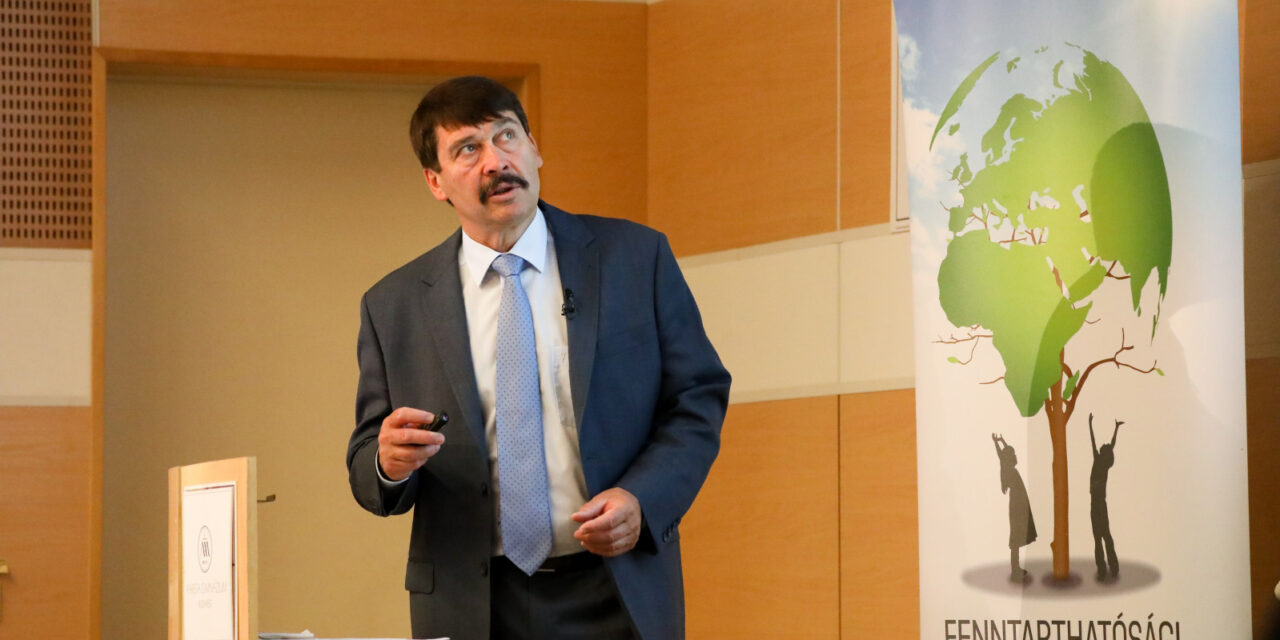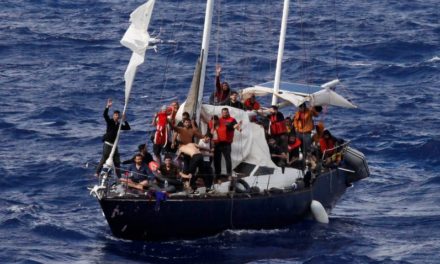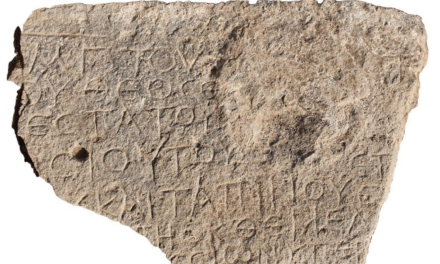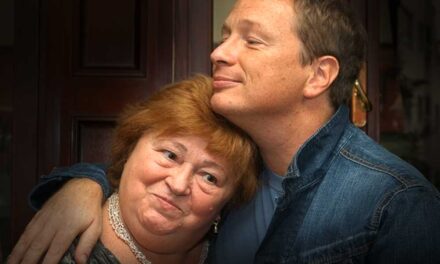President János Áder gave a lecture to the 10th and 11th graders of the Piarist High School in Budapest on April 25 at the Sapientia College of Religious Studies in Budapest, From the water crisis to sustainable development - Where are we, what can we do? with title. The president of the republic accepted the invitation of the student government of the high school.
Those present were director Bálint Horváth; He was greeted by Mátyás Jaczkó, president of the student government, and Miklós Matolcsy, managing director of PontVelem Nonprofit Kft., which organized the sustainability theme week.
The sustainability theme week was organized for the seventh time, and János Áder gave the opening lesson. At the beginning of his lecture, the President of the Republic recommended to the students the encyclical of Pope Francis beginning with Laudato si' and the now available Green Earth sustainability textbooks.
In his presentation, the President of the Republic talked about the three dramas of water: when it is scarce, when it is abundant, or when it is polluted. In some parts of the planet it hasn't rained for years, in Syria, for example, the drought lasted for three years. But Kenya, Ethiopia and Somalia are also struggling with drought: if it doesn't rain in Somalia this year either, one and a half million children under the age of five are at risk of starvation.
The Russian-Ukrainian war exacerbates the economic problems caused by the drought. There are fifty countries in Africa and Asia where at least thirty percent of the grain comes from these two countries.
In Germany, the water level of the Rhine has been low for years, which limits navigation to an extreme extent. Transporting by rail or road what has been delivered by water until now also puts a strain on the environment. Although Hungary is in a favorable situation, the sand ridge between the Danube and Tisza, where 830 thousand people live, can be considered a semi-desert. In the next eight years, serious efforts will be made to solve the water replenishment of the sand ridge.
On the other hand, too much water causes problems in other parts of the world. Due to climate change, precipitation returns to the ground much faster, which causes insoluble problems in many places around the world. The infrastructure cannot drain the sudden rainfall, the floods cause serious damage to the settlements, and also make agricultural activities impossible. But a lot of water is also a serious problem in Hungary, the Tisza, for example, can flood in a short time, to prevent this, the dams offer only limited protection, which is why emergency reservoirs have to be built.
"How many plastic beverage bottles are produced in the world?" came the next question. The correct answer was twenty thousand pieces per second. Most of these are not collected and reused, but thrown away, so sooner or later they end up in the waters of some big river, from where the garbage ends up in the oceans, forming huge plastic islands.
If pollution continues at this rate, by 2050 there will be more plastic in the oceans than fish.
A huge amount of plastic waste comes to Tiszán Hungary from Ukraine and Romania. In these countries, the garbage that accumulates in the villages is collected on the floodplain, which is swept into the river by the floods. Although the polluter pays principle has existed for fifty years, it has not yet been possible to reimburse Hungary for the cost of neutralizing the waste. In order to eliminate this pollution, a device had to be put into operation in Vásárosnamény, with the help of which plastic can be removed from the Tisza.
At the end of his presentation, the President of the Republic spoke to the young people about to choose a career, what a practitioner of a profession - doctor, computer scientist, economist, teacher, lawyer - can do for sustainability in their field.
And for those interested in the topic, Pope Francis, Blessed be you! he suggested studying the encyclical from the beginning and visiting the website of the Kék Bolygó Foundation.
Author: Béla Baranyai/Hungarian Courier
Photo: Zita Merényi/Hungarian Courier













